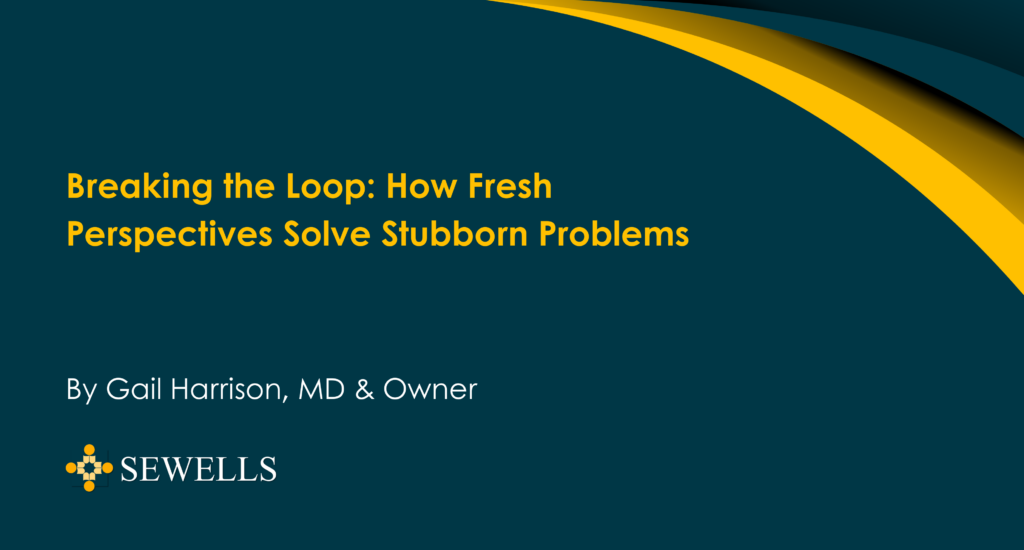“We cannot solve problems with the same level of thinking that created them.”
Not for the first time, this profound insight from Albert Einstein made me stop and think. It resonates deeply both on a personal and professional level.
How often do we find ourselves trapped in a cycle of repetition, expecting different results from the same actions?
This common human tendency, while rooted in admirable perseverance, can often lead us astray, keeping us tethered to ineffective strategies and outdated thinking.
In today’s fast-paced world, the ability to adapt and see problems from new angles isn’t just beneficial—it’s essential. Yet, many of us struggle to break free from our entrenched thought patterns, clinging to familiar approaches even when they fail to deliver the desired outcomes.
Consider this: What if your greatest obstacle isn’t the problem itself, but your perspective on it?
Imagine a scenario where you’re grappling with a persistent challenge at work or in your personal life. You’ve tried everything you know, yet the solution remains elusive.
The frustration builds, productivity suffers, and you feel stuck in a loop of ineffective problem-solving.
This isn’t just a hypothetical situation—it’s a common experience that can lead to:
- Missed opportunities for innovation and growth
- Decreased productivity and motivation
- Increased frustration and job dissatisfaction
- Stagnation in personal and professional development
- Comfort in familiarity: We often hold onto familiar approaches because they feel safe, even if they’re not effective.
- Fear of the unknown: Trying new approaches can be daunting, leading us to stick with what we know.
- Cognitive biases: Our brains are wired to favour certain thought patterns, making it challenging to see alternatives.
- Time pressure: In the rush to solve problems quickly, we may default to familiar strategies rather than exploring new ones.
- Lack of diverse input: Without exposure to different viewpoints, our thinking can become narrow and repetitive.
- Engage with a coach: A skilled coach can provide objective insights and ask probing questions that challenge your assumptions and open new avenues of thought.
- Create an imaginary Board of Directors: Assemble a diverse group of people—real or fictional—whose perspectives you value. Consider how each would approach your problem.
- Seek diverse opinions: Actively engage with people who have different backgrounds, experiences, and viewpoints from your own.
- Practice reflective thinking: Regular reflection exercises can help you become more aware of your thought patterns and more open to new ideas.
- Embrace the beginner’s mindset: Attempt to approach a problem as if you’re seeing it for the first time, setting aside preconceptions and habitual responses.
- Discover innovative/different solutions to long-standing problems
- Enhance your creativity and adaptability
- Improve decision-making by considering multiple perspectives
- Reduce stress and frustration associated with problem-solving
- Accelerate personal and professional growth
- Cultivate a more open and flexible mindset in your organisation.
- Fresh perspectives are not just helpful—they’re essential for solving complex problems in our rapidly changing world.
- Seeking diverse opinions and challenging your own assumptions isn’t a sign of weakness, but a powerful tool for growth and innovation.
- The “imaginary Board of Directors” technique can be a game-changer, offering a structured way to access diverse thinking on demand.

